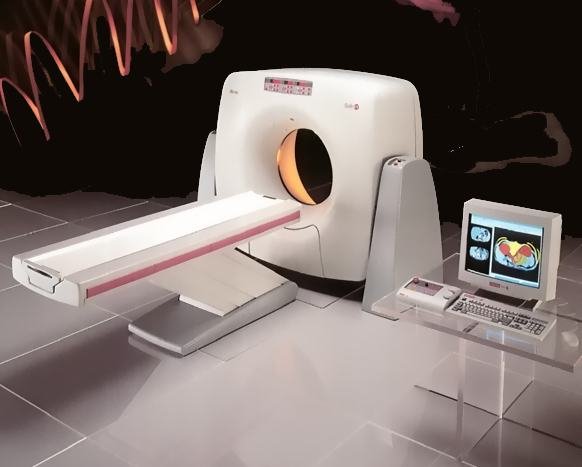CT Scans: New Study Links Millions to Cancer Risk

A new study published in JAMA Internal Medicine estimates that approximately 103,000 cases of radiation-induced cancer could result from CT scans performed in the U.S. in 2023 alone. Researchers project that if current practices continue, CT scans could eventually account for 5% of all new annual cancer diagnoses. The study, conducted by an international team of researchers, analyzed data from 143 hospitals and outpatient facilities across the U.S., revealing that 93 million CT examinations were performed on roughly 62 million patients in 2023.
While acknowledging the life-saving benefits of CT scans in diagnosing various conditions, from trauma to cancer, the study highlights the significant radiation exposure associated with the procedure. The researchers estimate that the lifetime risk of developing cancer from a CT scan is minimal for any given individual, but the sheer volume of scans performed annually leads to a substantial projected number of future cancers. The risk is particularly high for children and adolescents, although adults account for a larger number of projected cases due to higher scan frequency. The most common projected cancers include lung, colon, leukemia, bladder, and breast (in females). Abdomen and pelvis CT scans in adults contribute the largest number of projected cancer cases.
The study's authors emphasize the need to balance the benefits and risks of CT scans. They suggest several strategies to mitigate the risk, including: exploring alternative, radiation-free imaging options; optimizing radiation doses during scans; and educating clinicians to avoid unnecessary testing. Experts note that radiation doses vary significantly between facilities, with some exceeding others by as much as 50 times. A 2015 Consumer Reports investigation similarly highlighted that up to one-third of CT scans performed may be unnecessary.
The study's projections are based on statistical modeling and historical data, including studies of atomic bomb survivors. While a direct causal link between low-dose radiation from CT scans and cancer hasn't been definitively proven, the findings warrant caution and a renewed focus on minimizing unnecessary radiation exposure. The American College of Radiologists recommends patients discuss the benefits and risks of CT scans with their healthcare providers to ensure that the procedure is medically necessary and that radiation doses are minimized. Efforts to reduce unnecessary scans and optimize radiation doses are crucial to mitigate the projected increase in cancer risk.









